Soft Skills At School Worksheets Results
Hard and Soft Skills - SUNY Jefferson
often soft skills are referred to as transferable skills. They are the Non-Technical Skills necessary for success in the workplace. Such as interpersonal skills, human relations skills, social skills, organizational management skills, time management skills critical thinking skills, problem solving skills, etc. . .
https://url.theworksheets.com/1yyn530 Downloads
Preview and Download !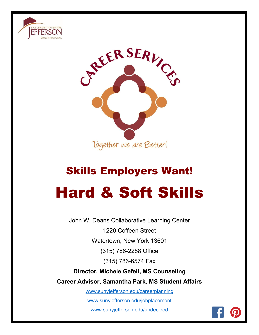
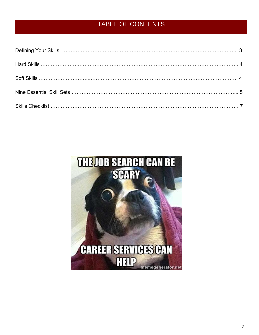
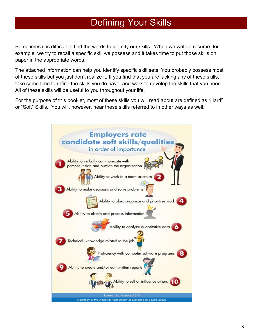
List of Soft Skills
Soft skills, which are interpersonal and can be used in a variety of settings, differentiate us from hard skills, which are the technical and knowledge skill set we bring to our jobs. Soft skills cover both personality attributes, such as optimism, and abilities that may be improved, such as empathy. Soft skills, like all other talents, can be learnt.
https://url.theworksheets.com/2dlk189 Downloads
Preview and Download !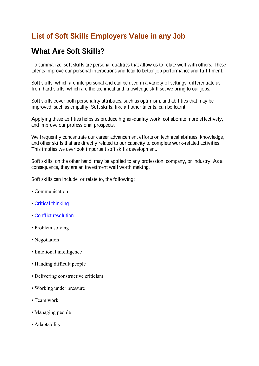
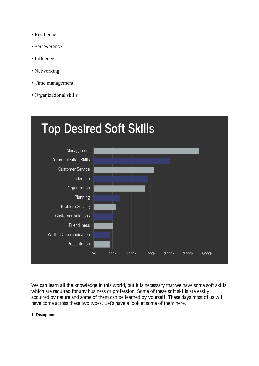
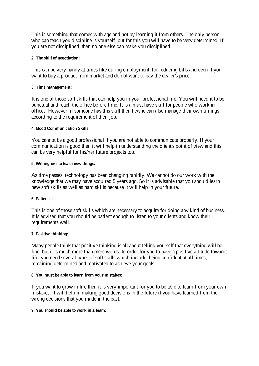
Soft Skills Worksheet - CGCC
Soft Skills Worksheet Section 1 What is the difference between hard and soft skills? What are three examples of hard skills shown in the “Soft Skills in the Workplace” video? What are three examples of soft skills shown in the “Soft Skills in the Workplace” video?
https://url.theworksheets.com/335m144 Downloads
Preview and Download !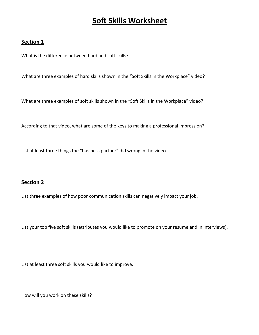


Soft Skills - Everett Community College
Soft Skills In this exercise rank the soft skills you are most proficient at. For example, if your strongest soft skill is communication rank it number 1, if your weakest soft skill is showing up to work on time then rank reliability 8. Your navigator will discuss the results with you once completed and discuss ways to improve your lower ranked soft skills.
https://url.theworksheets.com/1wwo158 Downloads
Preview and Download !


Soft Skills Checklist - Montana
Soft Skills Checklist Five Major Soft Skills Categories: Workplace Basics - All about professionalism and dependability. Attitude - Do you make clients feel welcome, or uncomfortable? Communication - Do you listen? Ask questions? Speak and write clearly? Teamwork - Can you take and give criticism gracefully? Resolve interpersonal conflicts?
https://url.theworksheets.com/3yw7187 Downloads
Preview and Download !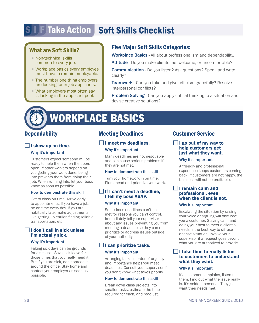
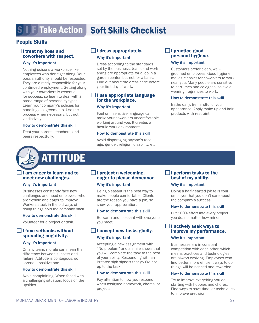
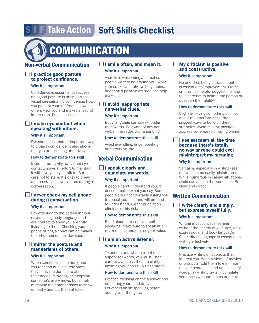
Best Practices in Soft Skills Assessment - Northern Virginia Community ...
soft skills instruction and assessment, discusses the relationship between soft skills assessment and the core academic curriculum, examines common challenges to assessing soft skills, and describes three alternative reporting schemes for tracking student progress in the development of soft skills.
https://url.theworksheets.com/44d1269 Downloads
Preview and Download !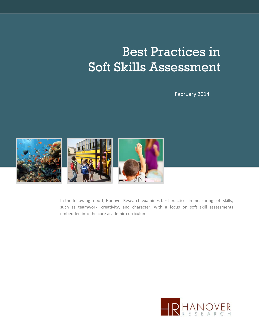
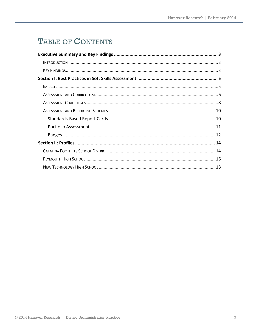
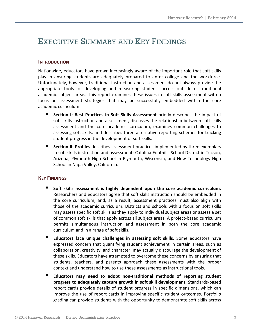
GUIDING PRINCIPLES FOR BUILDING SOFT SKILLS AMONG ADOLESCENTS AND YOUNG ...
activities should give youth ways to practice and apply soft skills to tasks in everyday, meaningful situations so they can see the value and the “how-to” of soft skills (GPYE IBRD IYF, 2014). Practice can include familiar and new tasks and should allow youth to use soft skills in a variety of situations (UNICEF, 2012).
https://url.theworksheets.com/335s267 Downloads
Preview and Download !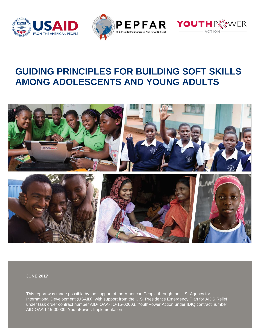

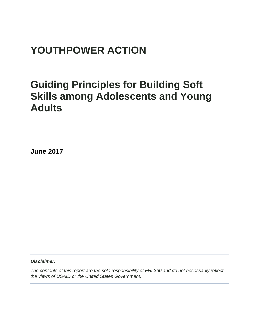
Incorporating Soft Skills into the K-12 Curriculum
employment increasingly requires so‐called “soft skills.”1 In order to understand how K‐12 institutions can best help students to develop these skills, this report presents best practice literature for developing soft skills through the general curriculum.
https://url.theworksheets.com/41uv163 Downloads
Preview and Download !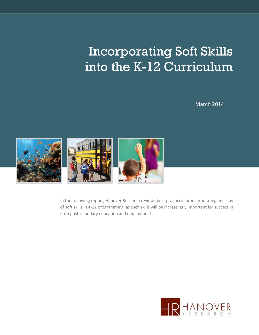
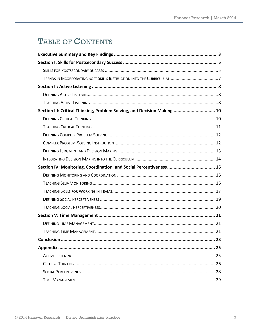
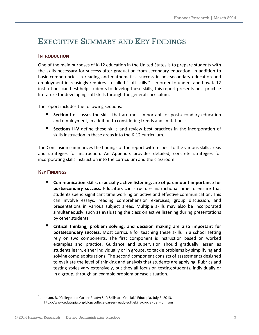
LESSON PLAN SOFT SKILLS: MOCK INTERVIEW - South Dakota
SOFT SKILLS: MOCK INTERVIEW . Grade Range: 9-12. Time Needed: 2-3 (45 minute) class periods (May need multiple class periods depending on size of the class and number of business people available to help with the interviews) Learning Objectives • Students will practice interviewing with business personnel and gain experience for interviewing.
https://url.theworksheets.com/5b5g799 Downloads
Preview and Download !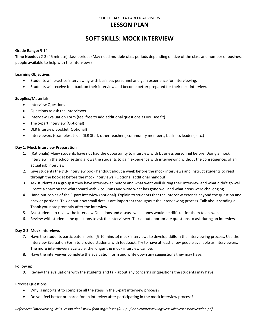
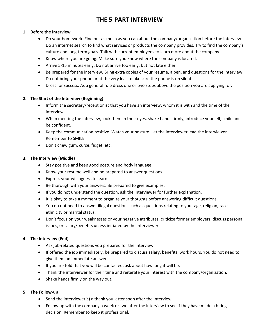
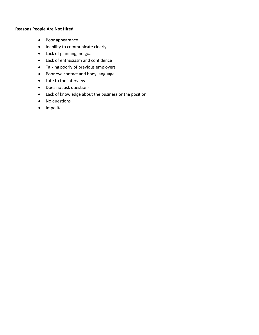
Soft Skills Through the Prism of Primary School Teachers
We can find soft skills, interpersonal skills, life skills, socio-emotional skills, basic skills, or 21st-century skills. The term is also associated with some synonyms, such as general and fundamental skills. That is especially evident as soft skills originate from approaches open to different sciences and examined by researchers from different
https://url.theworksheets.com/6gku122 Downloads
Preview and Download !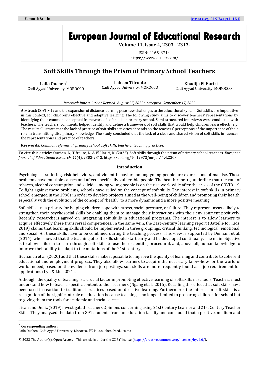
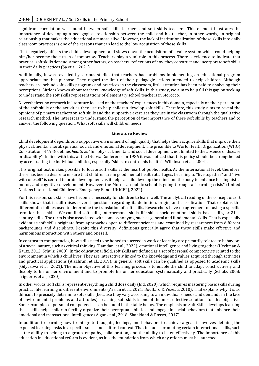
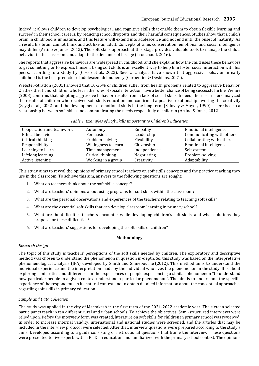
Next results >>